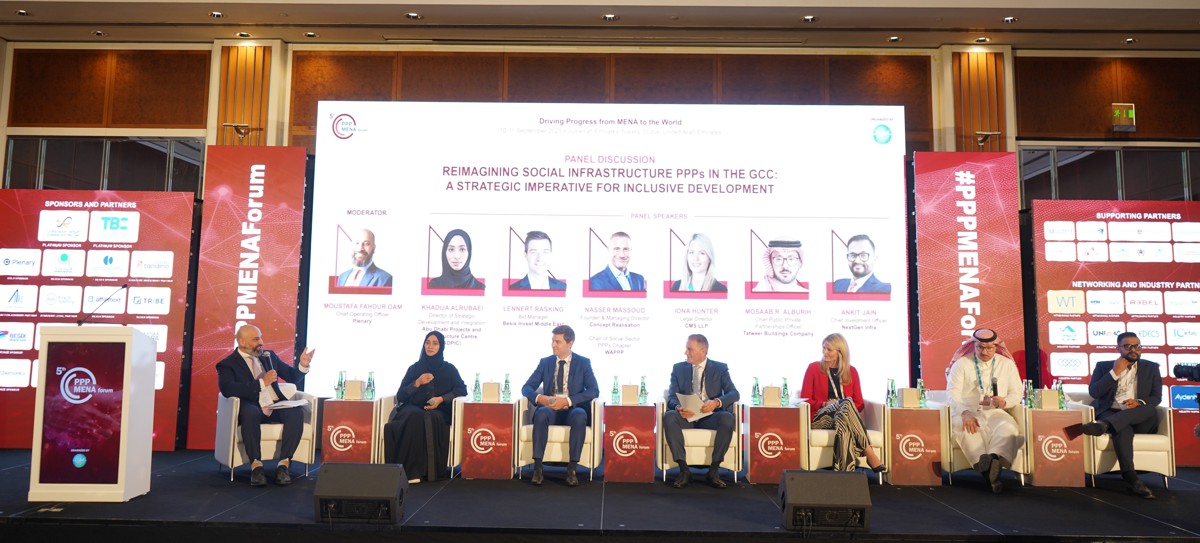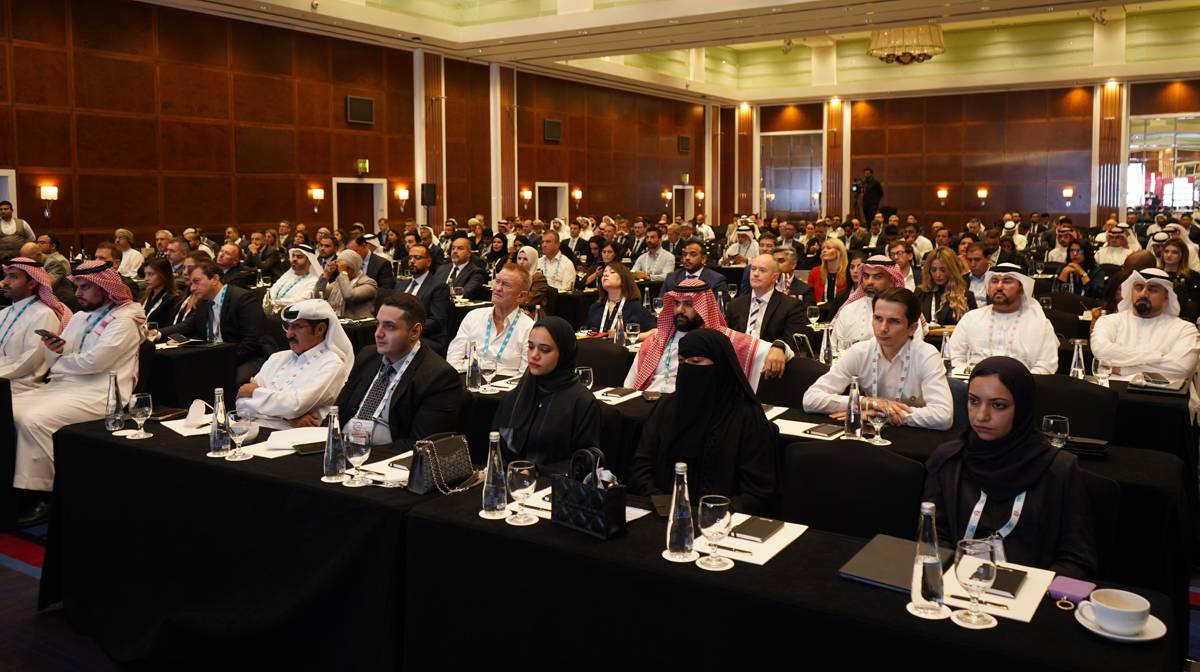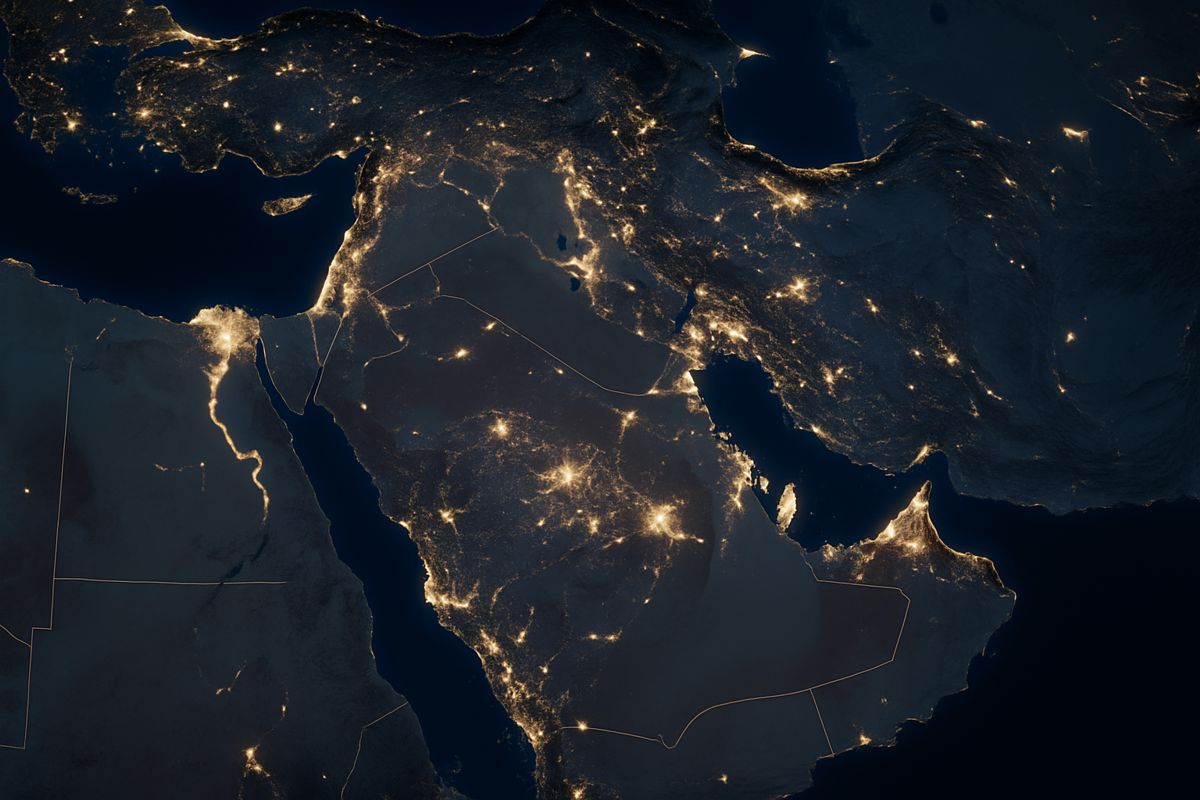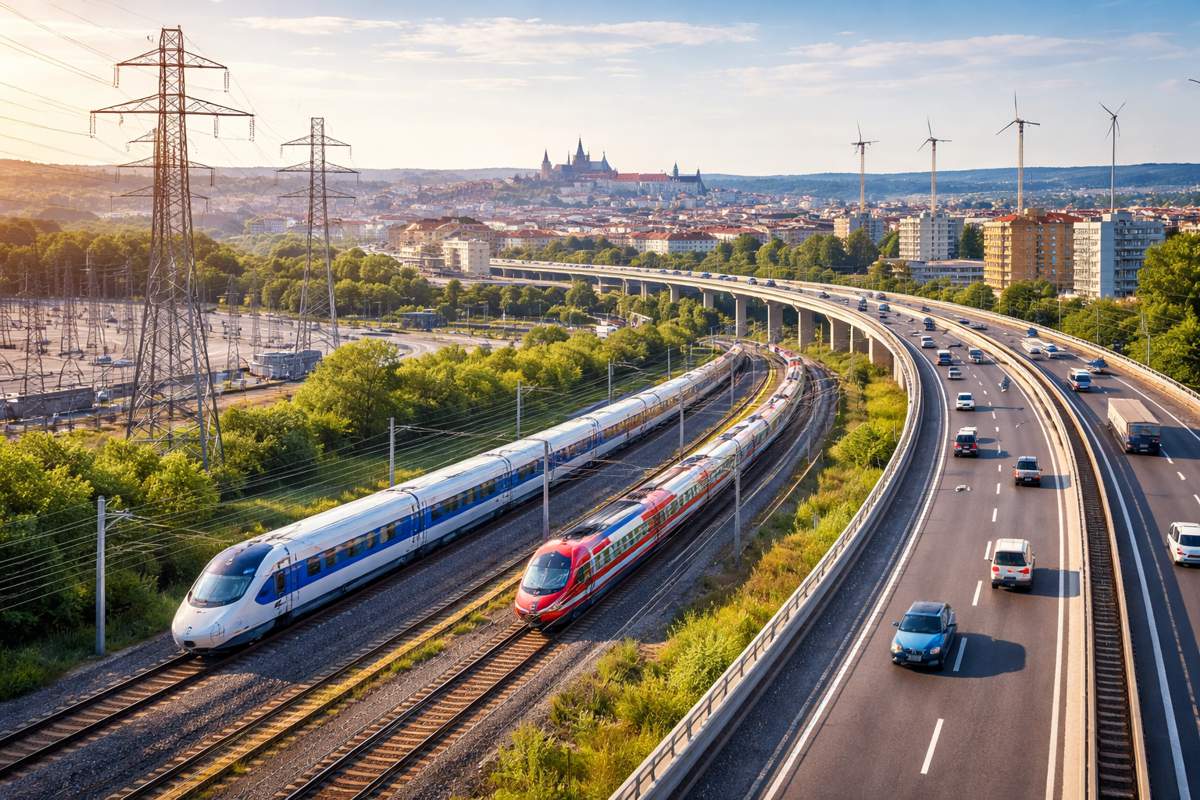PPP MENA Forum Accelerating Infrastructure Ambitions in the Middle East
The 5th PPP MENA Forum, held at Dubai’s iconic Jumeirah Emirates Towers, gathered policymakers, industry leaders, and investors to explore the evolving role of public-private partnerships (PPPs) in shaping the Middle East and North Africa’s infrastructure future.
The event underscored the region’s determination to fast-track sustainable growth through collaboration, innovation, and investment.
Setting the Tone for Regional Collaboration
Nasser Massoud, Founder and Managing Director of Concept Realisation and Chair of the Social Sector PPPs Chapter at WAPPP, opened the proceedings with a message on the transformative power of PPPs: “Public-private partnerships are not only about delivering infrastructure but also about creating inclusive systems that drive resilience, sustainability, and economic opportunity.”
His remarks resonated across a programme designed to balance ambition with pragmatism. Delegates heard candid discussions about bankability, project delivery, and the importance of mobilising diverse capital sources to unlock cross-sectoral growth.
Bankability and Investor Confidence
The morning’s keynote sessions focused on structuring viable PPP frameworks. Advisors, financiers, and technical experts agreed on the fundamentals: without risk-balanced contracts and robust governance, projects struggle to secure the confidence of international investors.
Speakers highlighted the importance of early-stage planning to prevent pitfalls further down the line. The consensus was clear: the more governments and private partners integrate legal, financial, and technical expertise from the outset, the higher the likelihood of long-term success.
One session zeroed in on seamless travel and financing, with emphasis on integrated transport corridors. The GCC’s growing need for cross-border connectivity requires models that blend infrastructure with digital innovation and private investment. As one panellist put it: “Transport isn’t just about moving people; it’s about moving economies forward.”

Social Infrastructure and Inclusive Growth
A dedicated panel explored social infrastructure, with experts urging governments to reimagine PPPs beyond traditional bricks-and-mortar projects. Education, healthcare, and civic amenities, they argued, must become central to PPP strategies.
The message was clear: resilience and inclusivity should underpin every deal. Mobilising diversified capital, ranging from sovereign wealth funds to private equity, was framed as vital for scaling projects that support universal access and social equity.
Sports Ecosystems as Economic Drivers
The afternoon turned towards non-traditional sectors. A session on sports ecosystems attracted considerable attention, underlining how PPPs can boost participation and talent development. Speakers emphasised that sports infrastructure is no longer a luxury but a catalyst for economic diversification, community health, and even tourism.
By embedding innovative financing mechanisms and institutional frameworks, PPPs can create pathways for youth engagement and international competitiveness in the sporting arena.
Affordable Housing and Urban Growth
Housing affordability is a growing challenge across the GCC’s urbanising economies. Forum experts debated how governments and developers can align on scalable delivery models. Risk-sharing frameworks and innovative financing tools were identified as essential levers for meeting the rising demand for liveable, affordable urban communities.
With regional populations projected to grow rapidly, the urgency for innovative housing solutions was widely acknowledged. PPPs were positioned as a practical bridge between state-led initiatives and private sector agility.
Airports and Aviation Infrastructure
The day concluded with a panel on modernising airport infrastructure, a theme particularly relevant as the MENA region cements its status as a global aviation hub. Speakers examined integrated PPP models designed to reduce emissions, attract capital, and boost operational efficiency.
The panel stressed the balancing act between profitability and safeguarding public interest. With aviation central to trade and tourism, modernising airports through PPPs was presented as a win-win for governments, investors, and passengers alike.

Strategic Partnerships and Sponsors
The forum’s success was underpinned by strong support from its partners. Tatweer Building Company and Alrawaf Contracting were Platinum Sponsors, while Plenary took the Gold Sponsor role. Silver Sponsors included Al Yamama, Alkhorayef Water & Power Technologies, Affinitext, and Tribe Infrastructure.
Strategic collaborations also played a pivotal role: King & Spalding as Strategic Legal Partner, Alvarez & Marsal as Transaction Advisory Partner, and Fouad Alghanim & Sons as Strategic Investment Partner. Their collective contributions ensured rich dialogue and actionable outcomes.
Building Momentum for Regional Infrastructure
By the close of Day One, participants expressed optimism about the region’s PPP trajectory. Governments, investors, and technical advisors found common ground in their recognition of collaboration as the bedrock of progress.
The PPP MENA Forum reaffirmed its reputation as the region’s leading platform for shaping public-private dialogue. With pressing infrastructure demands and ambitious diversification agendas across MENA, PPPs are not just a financing tool, they are becoming the architecture of the region’s sustainable future.
A Platform for Long-Term Transformation
The energy and engagement at this year’s PPP MENA Forum highlighted a regional consensus: the future of infrastructure in the Middle East and North Africa hinges on collaboration. From airports to housing and sports to social services, PPPs are carving out pathways for inclusive and sustainable growth.
As discussions continue, the message remains powerful and consistent: when governments and private players join forces, the region doesn’t just build projects, it builds futures.





























